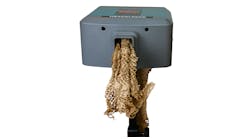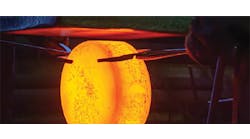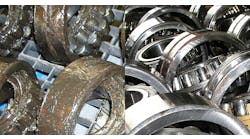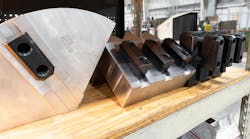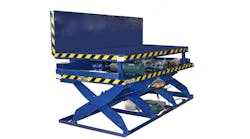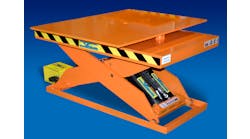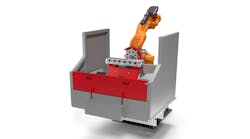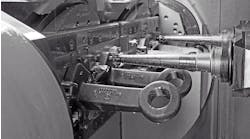Strikers at Alcoa Wheel Plant to Vote on Contract
Striking United Autoworkers members at Alcoa's forging operation in Cleveland tentatively agreed to a proposed new labor contract on Christmas Eve. The union's negotiating committee agreed to the terms of a four-year contract with the aluminum producer, which would end a seven-week-long strike that has involved more than 800 employees.
Union members were reportedly set to vote on the new contract on December 26 and 27. Details of the deal have not been revealed. If ratified, employees could return to work on January 2, 2007.
The strike was launched in early November, as talks toward a new contract reached an impasse. Alcoa put a "business continuation plan" in effect to keep the operation running without a full staff.
The Cleveland plant produces forged aluminum wheels for cars and heavy-duty trucks.
At that time, Alcoa's Cleveland Works manager Brett McBrayer stated: "We entered negotiations with the hope of increasing our competitiveness while preserving jobs in Cleveland and the standard of living of our employees. It is unfortunate that we have not been able to reach a new agreement. We will, however, continue to be attentive to our customers and try to protect jobs during this period of uncertainty."
Alcoa reportedly offered a comparable contract to United Steelworkers employees at 15 other locations in the past year. Less than a week after the strike began in Cleveland, workers represented by the International Association of Machinists accepted a similar contract.
Alcoa contends that Cleveland Works is faced with rising healthcare costs, utility increases, and low-cost foreign competition. Employees there have been responsible for co-payments for doctor visits, and Alcoa's earlier proposal involved new premiums and deductibles. The company also sought to implement a new attendance policy, increase pension benefits, for long-term employees, and a 9% wage increase over the term of the contract.
